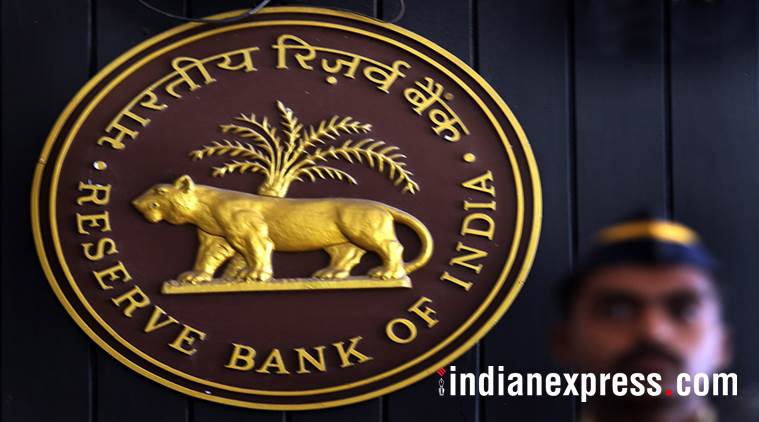RBI allows fund transfer from wallet to wallet
RBI said as non-bank PPI issuers will issue interoperable cards in association with card networks for the first time, the cards issued should be EMV chip and PIN compliant.
 No minimum net worth requirement on mobile wallets by RBI for interoperability.(Express Photo by Pradip Das)
No minimum net worth requirement on mobile wallets by RBI for interoperability.(Express Photo by Pradip Das)
The Reserve Bank Tuesday issued final guidelines to enable interoperability for pre-paid payment instruments (PPIs) or mobile wallets, enabling seamless transfer of funds.
Listing the requirements, the RBI said in the case of PPIs issued in the form of wallets, interoperability across PPIs should be enabled through Unified Payments Interface (UPI). For PPIs issued in the form of cards, the cards should be affiliated to the authorised card networks. “PPI issuers operating exclusively in specific segments like meal, gift and mass transport system (MTS) may also implement interoperability,” the RBI said in its final guidelines.
However, the RBI didn’t impose any minimum net worth requirement on mobile wallets before permitting them to become interoperable. Interoperability will be enabled in phases for the PPIs. In the first phase, PPI issuers (both bank and non-bank entities) should make all KYC-compliant PPIs issued in the form of wallets interoperable among themselves via UPI. In subsequent phases, interoperability — or fund transfer — will be enabled between wallets and bank accounts via UPI.
“Interoperability will allow customers to choose digital wallets they wish to transact with and move money from other digital wallets to their preferred wallet. Interoperability will give a great fillip to digital and cashless payments in India,” said an official of a mobile wallet firm.
Card networks are allowed to onboard PPI issuers to join their network. “Non-bank PPI issuers are permitted to participate as members/ associate members of authorised card networks. For the purpose of settlement, a non-bank PPI issuer can participate directly or through a sponsor bank arrangement as the case may be. Non-bank PPI issuers should adhere to the requirements of respective card network’s settlement system,” the RBI said.
Regarding the safety aspect, the RBI said as non-bank PPI issuers will issue interoperable cards in association with card networks for the first time, the cards issued by these entities should be EMV Chip and PIN compliant.
“PPI issuers operating exclusively in meal segment should issue EMV Chip and PIN compliant cards, if they opt for interoperability. Gift cards and MTS, may however, be issued with or without EMV Chip and PIN enablement,” the RBI said.
“PPI holders should be on-boarded for UPI by their own PPI issuer only. PPI issuers should only link their customer wallets to the handle issued to them. PPI issuers as PSP (payment system provider) should not on-board customers of any bank or any other PPI issuer,” it said. “Authentication will be completed by the PPI holder as per his/her existing wallet credentials. In other words, a transaction will be pre-approved before it reaches the UPI.”
Similarly, interoperability for PPIs issued in the form of cards should also be enabled in due course. However, banks may continue to issue PPIs in association with authorised card networks, as hitherto. PPI issuers should ensure adherence to the technical and operational requirements for such interoperability, including those relating to safety and security, risk mitigation, etc.
Interoperability allows PPI issuers, system providers and system participants in different systems to undertake, clear and settle transactions across systems without participating in multiple systems. Banks and non-bank entities have been issuing PPIs after obtaining necessary approval from the RBI under the Payment and Settlement Systems Act, 2007 (PSS Act).






- 01
- 02
- 03
- 04
- 05

























